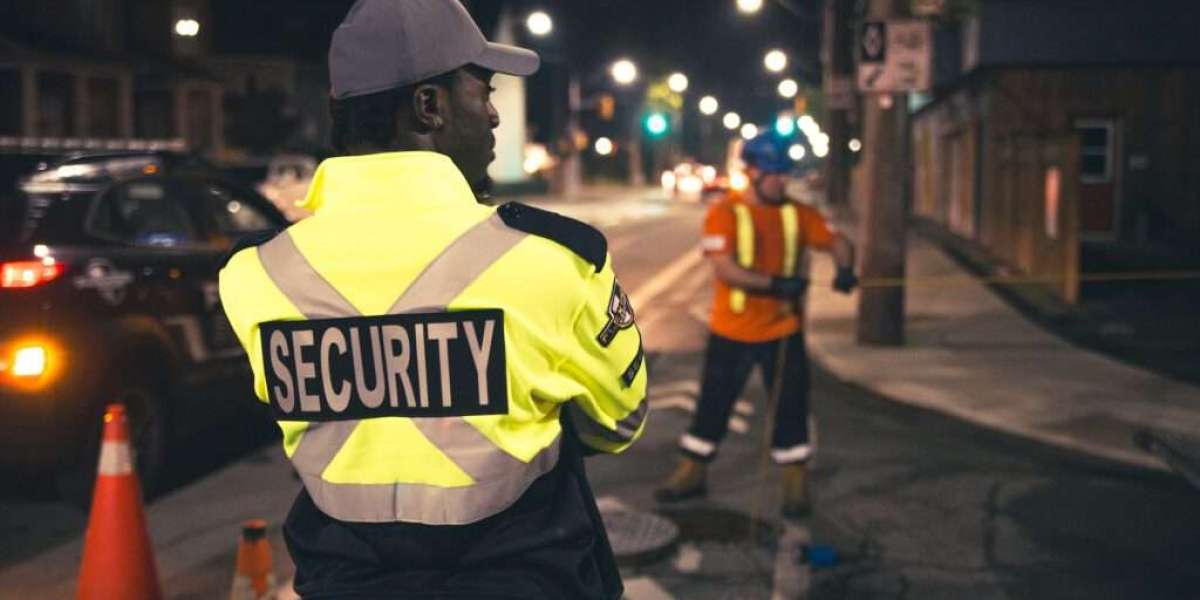Introduction
Security guards play a critical role in maintaining safety and order in various settings, including commercial properties, residential complexes, educational institutions, and public spaces. To perform their duties effectively, security guards must undergo specialized training that equips them with the skills, knowledge, and legal understanding required to handle diverse situations. A Security Guard Training Course is the foundational step for anyone aspiring to enter the security services industry. This article explores the components, objectives, and benefits of such training.
What is a Security Guard Training Course?
A Security Guard Training Course is a structured program designed to prepare individuals for work in the security sector. These courses are often mandatory for obtaining a security license and employment with a security agency or private firm. Training may be conducted in person, online, or in a blended format, depending on the regulatory body of the region.
The course is typically divided into two parts:
Basic Security Training – covering the essential skills and legal responsibilities.
Advanced or Site-Specific Training – tailored to the needs of a specific job or environment.
Core Topics Covered in the Course
1. Legal Authority and Responsibilities
This section educates trainees on the laws relevant to private security work, including:
Powers of arrest and detention
Use of force guidelines
Trespassing and property laws
Rights of individuals
Understanding legal boundaries helps security guards operate within the law and avoid liability.
2. Emergency Response Procedures
Security personnel are often the first to respond in emergencies. Training includes:
Fire safety protocols
Evacuation procedures
First aid and CPR
Disaster preparedness
These skills ensure guards can manage crises efficiently and safely.
3. Surveillance and Patrol Techniques
Guards learn methods to monitor areas effectively, including:
Use of surveillance equipment
Patrolling strategies (foot and vehicle)
Incident reporting and documentation
Regular and effective patrolling deters criminal activity and ensures quick incident response.
4. Communication and Conflict Resolution
Security professionals must communicate clearly and manage conflicts without escalating situations. This section includes:
Verbal and non-verbal communication
Negotiation techniques
De-escalation tactics
Proper communication skills enhance professionalism and improve public interaction.
5. Professional Conduct and Ethics
Trainees are taught to uphold the highest standards of integrity and professionalism. Topics include:
Confidentiality
Appearance and demeanor
Code of conduct and workplace ethics
This ensures the security guard represents their employer and clients positively.
Certification and Licensing
Upon successful completion of the course, candidates typically receive a Certificate of Completion. In many jurisdictions, this certificate is a prerequisite for applying for a security license. Licensing requirements vary by state or country but often involve:
Background checks
Age and citizenship requirements
Submission of fingerprints
Passing a written exam
It’s crucial to check with local regulatory bodies for specific licensing procedures.
Benefits of Security Guard Training
- Improved Job Prospects
Training makes candidates more attractive to employers and increases their chances of securing high-paying positions.
- Increased Confidence and Competence
A trained guard is better prepared to handle real-life situations with confidence and professionalism.
- Legal Protection
Understanding the law helps security personnel avoid actions that could lead to lawsuits or criminal charges.
- Career Advancement Opportunities
With proper training and certification, guards can advance to supervisory or specialized roles such as armed security, corporate security, or private investigation.
Who Should Enroll?
Individuals seeking a career in security services
Former military or law enforcement personnel looking to transition to civilian security work
Those interested in enhancing their knowledge for part-time or contract security roles
Whether you're just starting out or looking to upgrade your credentials, enrolling in a Security Guard Training Course is a smart and necessary step.
Conclusion
A Security Guard Training Course is not just a formality — it's a vital preparation that ensures guards are capable, responsible, and legally compliant. By equipping individuals with essential knowledge and practical skills, these courses contribute significantly to public safety and personal career growth. If you’re considering a career in security, investing in a reputable training course is your first move toward a rewarding and respected profession.










